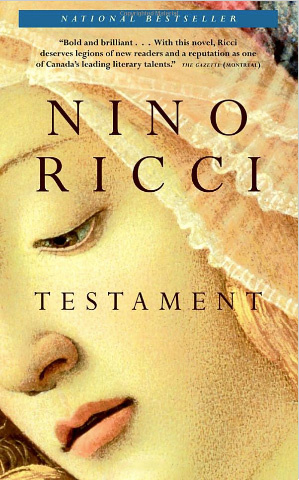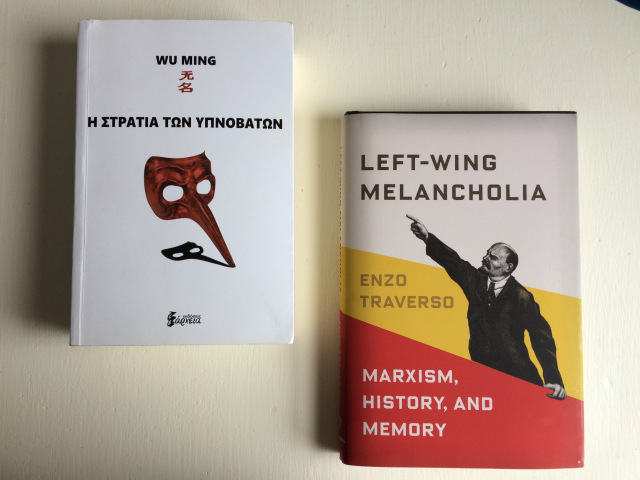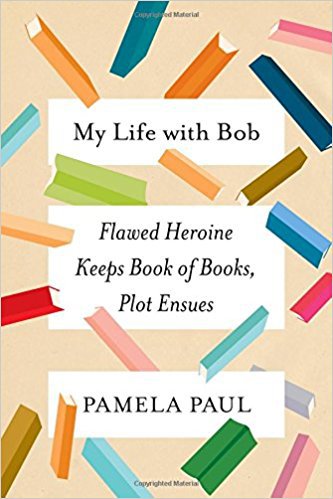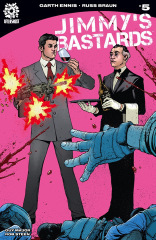I’ve been stressed about turning thirty-three since I was about twenty-five.
You see, thirty-three is largely considered to be Jesus’ age when he died. This was the year he established his ministry, rebelled against the Romans, rose from the dead, and laid the groundwork for Dan Brown to become the most unlikely gajillionaire the world has ever seen.
In short, he crushed it. He fulfilled his destiny and became the man he was meant to be (however horrid that destiny may have been).
Thirty-three has since become synonymous–insofar as the Christian zeitgeist is concerned–with a person’s figurative death and resurrection. A precedent has been set for thirty-three being the height of one’s powers, the year we tear down the walls that surround us and rebuild ourselves into something better.
It’s a testament to my Catholic upbringing and its particular brand of “gee shucks” brainwashing that I’m still so affected by its laws, taboos, and beliefs more than twenty years after I left the church for good.
Classical conditioning is one hell of a drug.
Over the last two decades, my fascination with Jesus never waned. If anything, it’s gotten deeper and more relevant. The difference is that he’s more than a fairy tale for me now. I don’t for one second believe in his literal death and resurrection. I don’t believe he was capable of miracles. I don’t believe he tamed dragons as a child. (Seriously, that’s in the Apocrypha.) I do like to believe he was an actual man, though, capable of opposing tyranny and ushering in a new kind of spirituality, one focused on inner work as opposed to outer work. Sadly, this message has been lost on the vast majority of his followers. If only Christians were more Christ-like.
Now, my bibles are books like Zealot by Reza Aslan, Christianity: the First 3000 Years by Diarmaid MacCulloch, and Testament by Nino Ricci. Ni
I turned thirty-three (at long last) in March. At the time, I’d been in the middle of a prolonged reading slump so I did what I usually do when that happens: I read an “old reliable.” Ricci’s Testament, in this case. Testament is a re-telling of the Jesus myth from the perspective of four of his closest followers: Judas, Mary Magdalene, his mother, and Simon of Gergesa. What’s wonderful about Testament is that it essentially presents four alternate Gospels, but from the position of Jesus as a man and nothing more. It is, in a word, beautiful. I adore it.
If I were to be buried with five books, Testament would be one of them.
Somehow, I was blissfully unaware of the connection, that I was reading my favorite book about Jesus just days before I would turn thirty-three. Not only was it a cure for my reading hangover, but it was the perfect panacea for my anxiety. Re-connecting with Yeshua (as he’s called in Testament; Jesus is actually the Greek form of Yeshua, his actual name), has allowed me to understand that living a “Jesus life” isn’t about changing the world. It’s about dedicating yourself to being better, to doing better.
 Testament by Nino Ricci: 464 pages, First Published in 2002, Doubleday
Testament by Nino Ricci: 464 pages, First Published in 2002, Doubleday
They went to Yeshua and said they couldn’t accept Simon because he had refused circumcision. But Yeshua, seeing their contempt for Simon, grew angry.
You only talk about the outer man and not the inner one.
The law tells us there’s no inner faith without the outward sign, Yaqob said.
Tell me who is more true to God, Yeshua said, the one who as an infant has done to him what he doesn’t know or understand or the one who freely chooses God as a man.
No one knew how to answer him. Finally Shimon, who was deeply troubled by the matter, said But without circumcision there’s no covenant. Without circumcision we aren’t Jews.
Sometimes you have to be more than Jews, Yeshua said.
This is what thirty-three looks like for me now.
- It’s about dedicating (and re-dedicating) myself to growing, every day
- It’s about acknowledging that perfection is a moving target, and just because I’ll never get there that doesn’t mean the journey isn’t worth it
- It’s about knowing who I am, loving who I am, and putting that out into the world, even if it’s not in step with everyone else
- Especially if it’s not in step with everyone else
- It’s about giving a little more of myself to those around me
- It’s about doing what I can, and knowing that there will, in fact, be a thirty-four
As trite as it sounds, life is a marathon, and not a sprint.
Dates are largely arbitrary. Birthdays are most certainly arbitrary. Who gives a shit when a really famous, probably fictional preacher died. Aging isn’t about signposts, or at least it isn’t about other people’s signposts.
Judge not, lest ye be judged? These are words I now say to myself, about myself.
“However things get remembered,” Simon muses near the end of the novel, “you can be certain it won’t be how they actually were, since one man will change a bit of this to suit his fancy, and one a bit of that, and another will spice it to make a better story of it. And by and by the truth of the thing will get clouded, and he’ll simply be a yarn you tell to your children.”
So far, thirty-three has taught me to live here, in the now, and care less about what the future holds. So far, I like it.
After all, my Elvis Year is still nine years away.
No need to stress just yet.
Share this:




